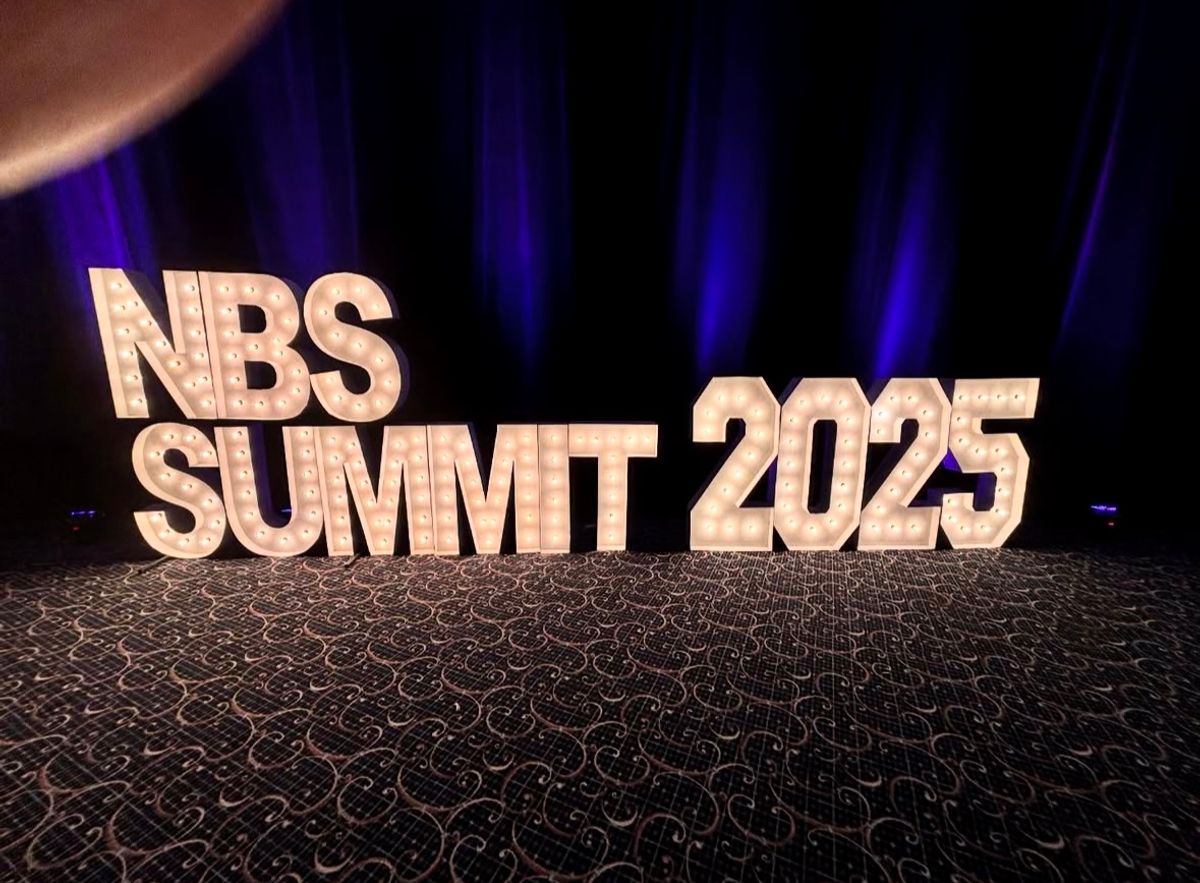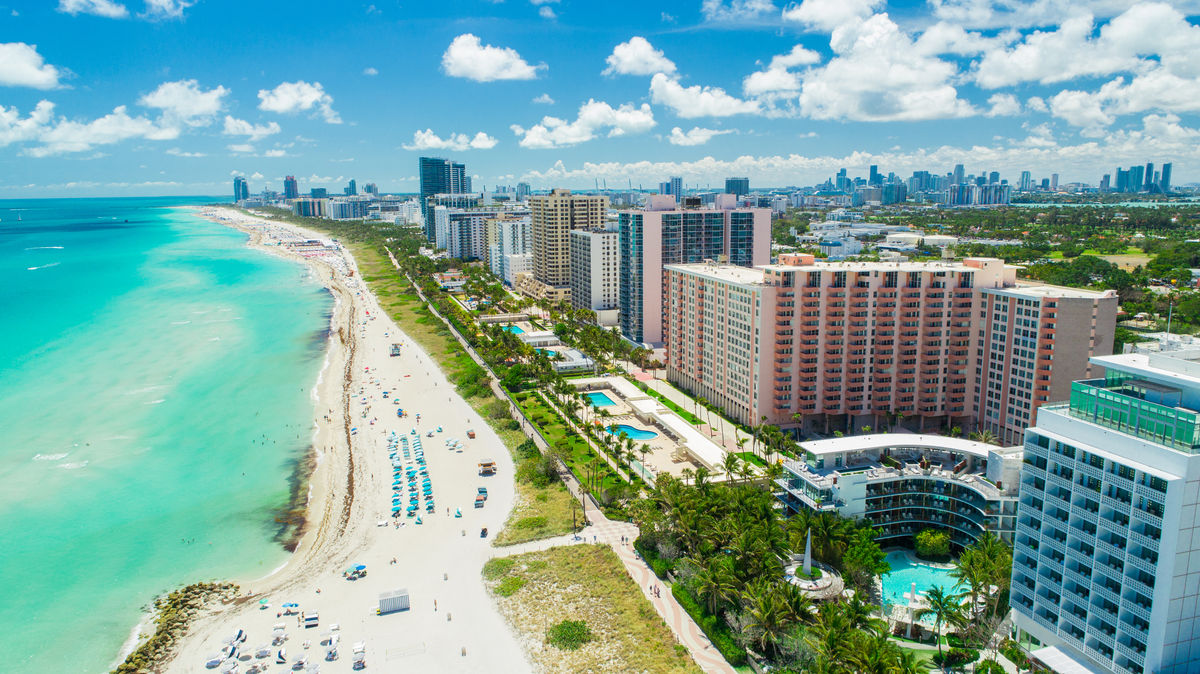The Idaho Department of Parks and Recreation is “launching a lottery reservation system for the 2025 season to ensure fair and equal access” said an official release affecting some of the state’s most sought-after lakeside group campsites. The overhaul targets Lionhead Group Camp at Priest Lake State Park and Group Camps 100 and 101 at Bear Lake State Park, which have consistently experienced overwhelming demand.
These campsites have filled within minutes in previous seasons, prompting new measures to resolve booking inequities tied to internet speeds and other advantages. In announcing this approach, organizers emphasize that every interested group should get an equal opportunity to secure favored dates. Applications for the lottery involve choosing both a primary and secondary date window, with a minimum stay of two nights and a maximum of seven.
“The application window starts on Monday, March 31, and will be open until April 15” says a local report on the shift. Officials confirm that early applications and last-day submissions stand the same chance of selection, thereby removing the frenzy of first-come-first-served bookings. Those who enter will pay a nonrefundable $25 fee, and after April 15, all completed submissions will go into a single randomized drawing.
Winners must reply swiftly upon notification to finalize their stays, as “After the application period closes, lottery winners will be selected electronically and notified soon after” notes a separate report. Should any group cancel, the opening will return to the same existing lottery list, rather than reentering the general pool. The official lodging window covers campsites from May 22 through September 2, 2025, including major holidays.
Park administrators outline that at least two consecutive nights in a chosen date range must be available in order for a group to book, and IDPR may propose alternative dates if only partial overlaps exist. Planners also indicate the move stems from the long-standing mismatch between available inventory and the sharply rising number of reservation requests. By spreading opportunities more evenly, officials predict a broader swath of visitors will gain entry to Idaho’s prime lakeside locales.
Group Camps 100 and 101 at Bear Lake, along with Lionhead Group Camp, have historically drawn gatherings seeking prime lakeside access. With the lottery mechanism, groups have time to arrange special events, reunions, and other celebrations without racing the clock on opening day. The department’s approach aims to make the seasonal sign-up system less chaotic and more transparent for would-be campers.
Commonly accepted insights suggest that these heavily visited parks benefit from strategic physical planning once reservations surge. Clear signage, ample parking, and dedicated spaces for cooking or lounging help groups navigate the grounds smoothly. Similarly, well-lit paths, sturdy trash containers that keep wildlife away, and reliable water stations foster a safer camping environment.
A Parks and Recreation Association report notes that sites establishing clearly delineated group areas and visible signage have achieved a measurable drop in crowding-related safety incidents. Such physical directives can help visitors navigate popular areas effectively, especially during peak seasons.
Separately, a recognized travel technology research firm’s data suggests that real-time booking updates can reduce double-bookings by a notable percentage. Such findings reinforce the importance of modern reservation systems that automatically track availability and promptly notify guests about their status.
Widely shared best practices indicate that dedicated gathering spaces, organized parking areas, and clear definitions of activity zones encourage smoother large-group stays. Basic measures such as well-lit pathways, secure refuse containers to keep wildlife at bay, and easily accessible water stations enhance safety and overall satisfaction. Simple environmental management, including color-coded bins for recycling and composting, can appeal to visitors’ eco-conscious priorities, while thorough staff training helps handle logistical issues before they affect guests.
Parallel recommendations highlight the role of technology in meeting high reservation demand. Centralized online booking platforms that track availability in real time, combined with automated payment and contract reminders, can reduce last-minute cancellations. Consistent communication across digital channels ensures participants understand how the lottery application window works, as well as any key dates or deadlines, strengthening transparency and fairness.
For outdoor hospitality operators observing Idaho’s new model, such measures help handle large parties arriving during peak periods. Trained on-site staff can manage orientation, tackle unforeseen issues, and maintain a welcoming environment. In this way, robust preparation addresses the unique challenges posed by groups who secure reservations through a lottery or similar system.
In tandem with physical improvements, many providers find digital tracking tools invaluable for capturing group size and requested services. By collecting and analyzing such data responsibly, venues can adjust offerings over time, though they must respect privacy considerations. The lottery initiative at Idaho’s parks highlights the benefits of immediate notifications and organized application processes.
As 2025 approaches, prospective campers aiming for group sites at Priest Lake State Park or Bear Lake State Park can file applications at any time during the announced window and receive equal consideration. This departure from the nerve-racking rush of previous Springs underscores the goal of broad accessibility for all.
The Idaho Department of Parks and Recreation recommends prospective campers turn to IDPR’s instructions for final details on procedures and fees. Officials also remind applicants that securing a booking hinges on prompt payment once they are chosen. By sharing updates throughout spring, the department anticipates a smoother and more equitable reservation season ahead.
.png)
.png) 1 month ago
3
1 month ago
3








 English (US) ·
English (US) ·  Spanish (ES) ·
Spanish (ES) ·